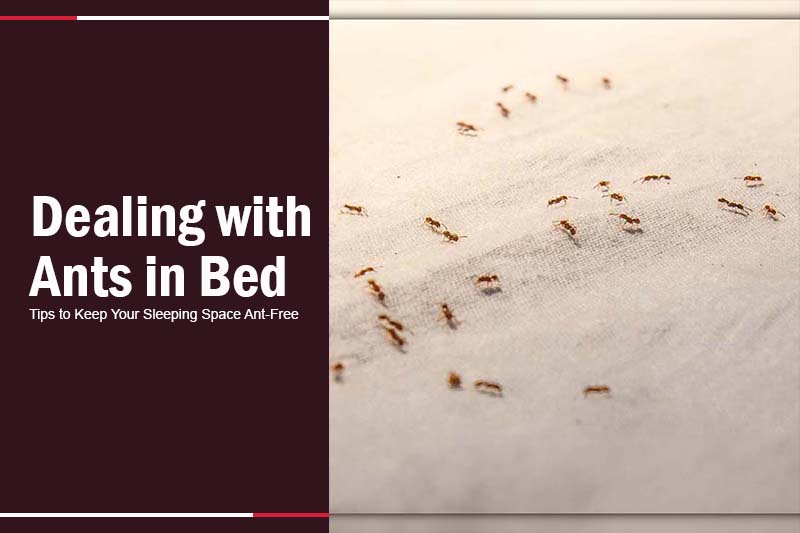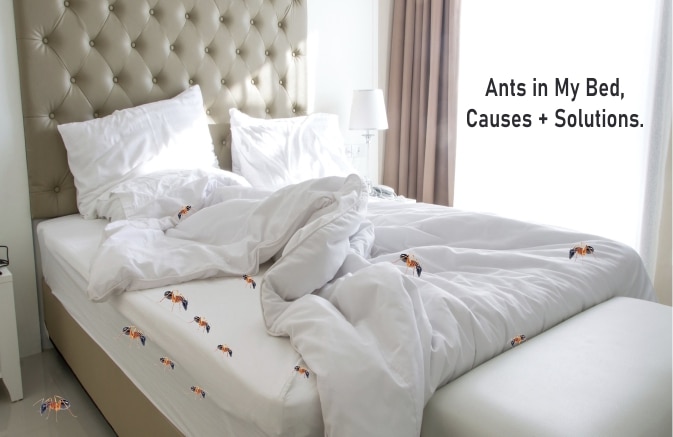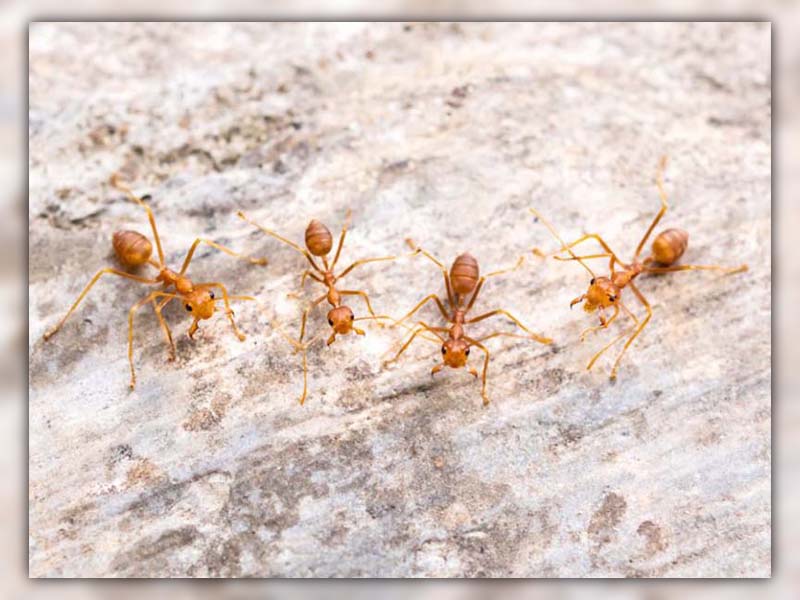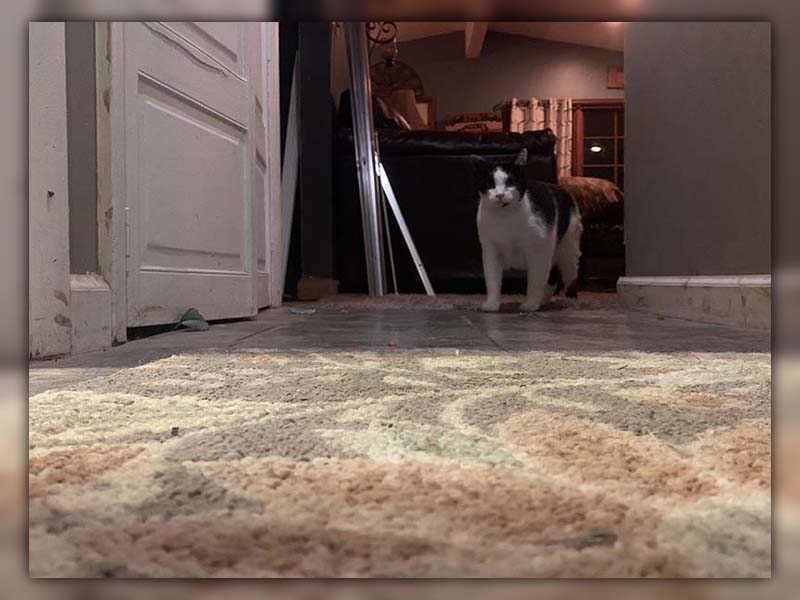Ants in bed can be a real nuisance, disrupting your sleep and leaving you wondering how they got there in the first place.
In this blog, we’re going to delve into this common problem, exploring the reasons behind ants invading your bed.

1. How to get rid of Ants in Bed?
Pro tip: You must first identify their hiding places if you want to get rid of ants in your bed successfully. Check your mattress and the bed to know exactly where to start. Begin by inspecting the joints under the mattress, then finally look for any holes and cracks in your mattress.
After that, use the following steps to get rid of ants in your bed:
- Remove all the bed sheets, duvets, heavy blankets, and the mattress.
- Take the mattress out for aeration.
- Wash all the bedding and ensure they are well dried.
- Add 1/2 cup of white vinegar to a bucket of soapy water and use it to clean the bed.
- Be generous on the joints and ensure they are well-cleaned because that is where ants hide.
- Clean the bedroom in general and remove dirty clothes.
- Ensure the hidden dark corners are well-moped and cleaned.
- Leave the windows and doors open for aeration after cleaning.
Repeat this after every two weeks until the last ant is gone. Even after they are all gone, always do this because it keeps other pests like lizards that feed on ants away from your bedroom.

2. Causes of ants in your bed
Here are some of the main causes of ants in bed:
Food particles and soup
Ants will also crawl on you at night if you go to bed without washing your hands properly after eating. They have good food detectors which can pick up the scent of food from quite a distance.
When you go to bed with food or soup droplets on your clothes, ants will crawl on you while trying to find that meal. They may come in large numbers. While you sleep and turn, they may bite you, thinking you are trying to attack them.
Warmth
Tiny ants in a bed may crawl on you while you are asleep because they are looking for warmth.
This is common, especially when it is extremely cold.
Old wooden beds
Old Wooden beds that are moist can attract carpenter ants to your bed even if there is no food. Carpenter ants naturally dig into moist wood to nest and make a habitat.
Cracks and holes in the mattress
Ants can infest your mattress and make a nest in it. This is common, especially when your mattress is placed on a cold floor, and the mattress is the only warm place they can find.
A metallic bed will also drive them into holes and cracks in a mattress since the metal frames are always cold while the mattress is always warm and moist.
3. What Attracts Ants to Your Bedroom Even When There is No Food?
It’s puzzling when you maintain a spotless bedroom yet still find ants.
These persistent pests might be drawn by the scent of body oils and dead skin cells on your bed linens.
Alternatively, your potted bedroom plants could be the real party place for ants.
4. How Can Tiny Ants Enter My Bedroom?
Tiny cracks and holes, often unseen by human eyes, are all an ant needs to gain entry.
Windows, doors, walls, and even electrical outlets can serve as highways for these pint-sized intruders.
FAQs
Before we wrap up, let’s address some common questions about ants in the bedroom.
Are Ants in the Bedroom Dangerous?
Generally, ants found in bedrooms aren’t dangerous and won’t cause harm.
However, some people may experience allergic reactions to ant stings, so caution is still advised.
Why Are Ants in My Bedroom Carpet?
Ants in the bedroom carpet could be foraging for food, moisture, or simply exploring new territories.
Keeping the area clean and using preventive measures can help resolve this issue.
How to Get Rid of Ants on My Bed?
If ants have invaded your bed, wash your bedding in hot water and vacuum any remaining ants.
Employing the prevention methods mentioned earlier should stop them from returning.
Why Do Ants Suddenly Appear in My Bedroom?
Ants are resourceful creatures. They can appear in your bedroom suddenly if they detect food, water, or a suitable nesting site.
Regularly cleaning and implementing preventive measures will discourage them from invading.
Conclusion
Dealing with ants in bed can be a frustrating and uncomfortable experience. However, armed with the knowledge and tips we’ve shared in this blog, you can take proactive steps to prevent and eliminate these tiny intruders from disrupting your sleep.
If you found this blog helpful, be sure to explore more articles at Pestweek.

Calina Mabel has over 15 years of experience in the field of journalism and communications. Currently, Calina Mabel is the Content Writer for categories such as Cockroach, Ants, Bed Bugs, Mosquito, Rodent, Termite, and Flies on Pestweek.com. She aims to build content for these categories with a focus on providing valuable and accessible information to readers, in order to create the world’s largest knowledge community about Pests.
All content written by Calina Mabel has been reviewed by Emily Carter.



